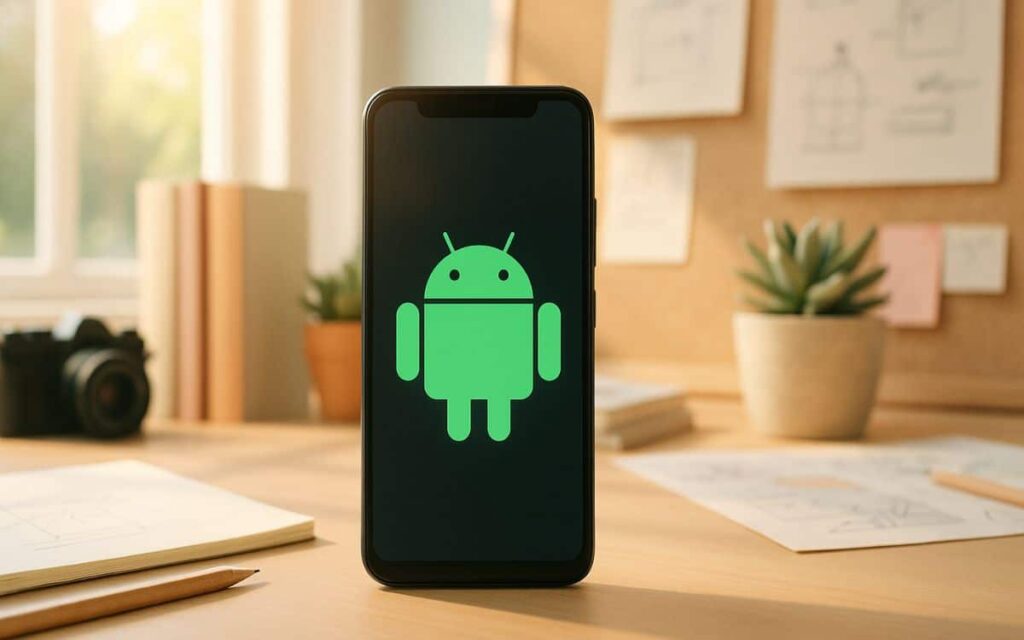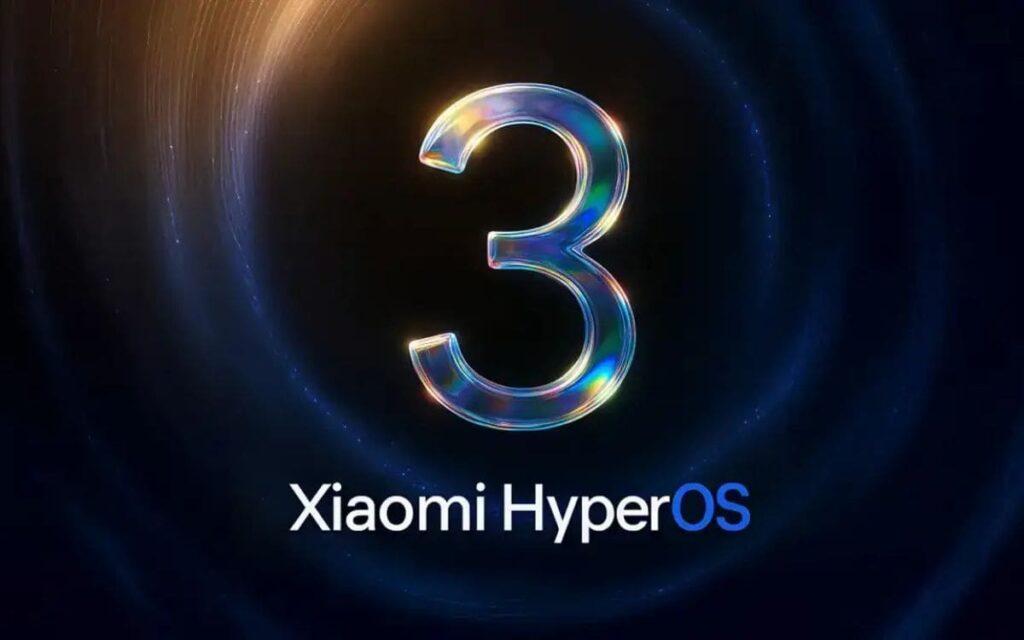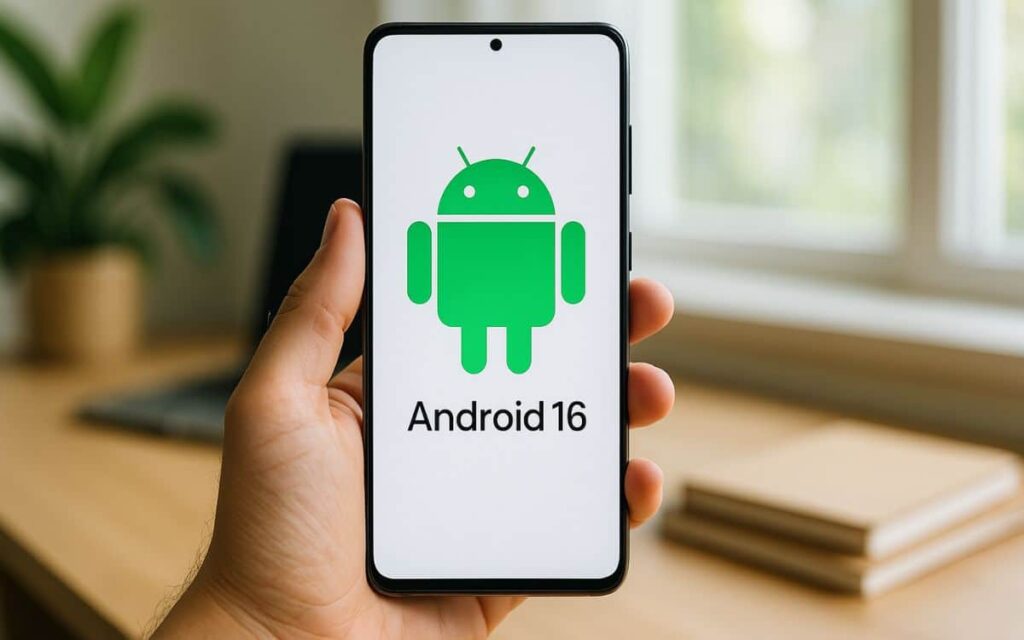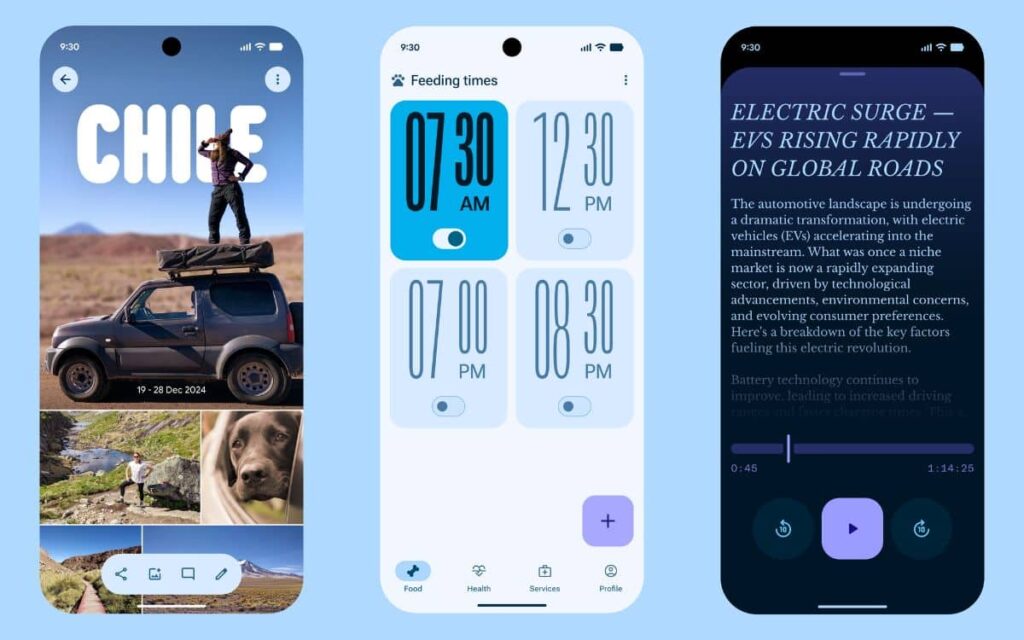The main advantage of Android is the ability to install applications from outside the Google Play Store. However, the Mountain View company is moving closer to the very closed philosophy of Apple, and users and advocates of digital freedoms are unhappy about it.
It is well known that Android is becoming increasingly restrictive. While up until now, the operating system was more open than iOS, things are changing. To recall, Apple’s ecosystem offers a closed experience to control all software aspects. Android has taken a very different approach, using predominantly open-source code that allows anyone to modify it freely.
Google will require verification for apps outside the Play Store
This freedom offered by Android also enables the installation of applications from any source, a practice known as sideloading. Apple does not permit this and confines applications to its App Store, except in Europe, in compliance with Brussels’ efforts to curb its monopoly.
Suzanne Frey, product vice president at Google, explained last August on the Android Developers blog that there will be new restrictions for applications outside the Play Store. Developers now face constraints, and users will have limited access to applications. Users will no longer be able to install applications that are not digitally signed by the developers.
These signatures allow the identification of an application’s author and are a common security measure on other operating systems like Windows 11. Users are aware that unsigned applications carry risks, but some wish to maintain the freedom to install them.
Google downplays this change by likening this requirement to an identity check at an airport. For the Mountain View company, this is a common-sense measure against malware. Indeed, Android suffers from vulnerabilities while iOS has significantly fewer. Apple has even enhanced its security with a subtle update for the iPhone 17.
Responses to these restrictions are overwhelmingly negative
Sideloading on Android already requires a few steps, like disabling certain settings and accepting security warnings. Google does not intend to control the content of applications, but will require developer verification through its own tools, whether the application is available on the Play Store or not.
The response has been negative among users, especially those concerned about freedom. Louis Rossmann, a YouTuber and consumer rights advocate, states: “I don’t use Android because I believe it is better than iOS. I use it because it gives me freedom.” It remains unclear how Google will monitor the identity verification of developers. However, these requirements could discourage small teams from creating new software.
Source: Slashgear




